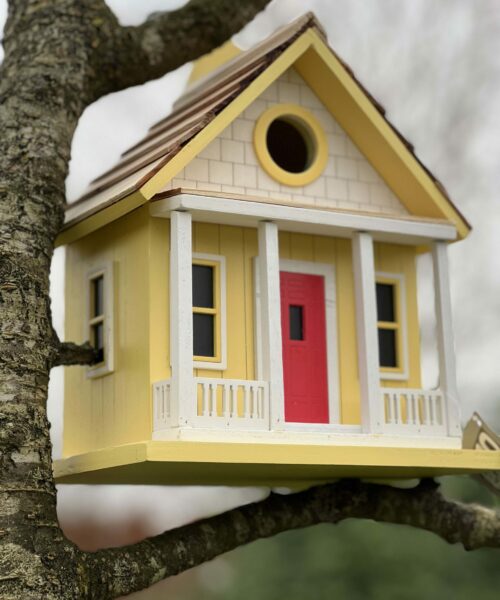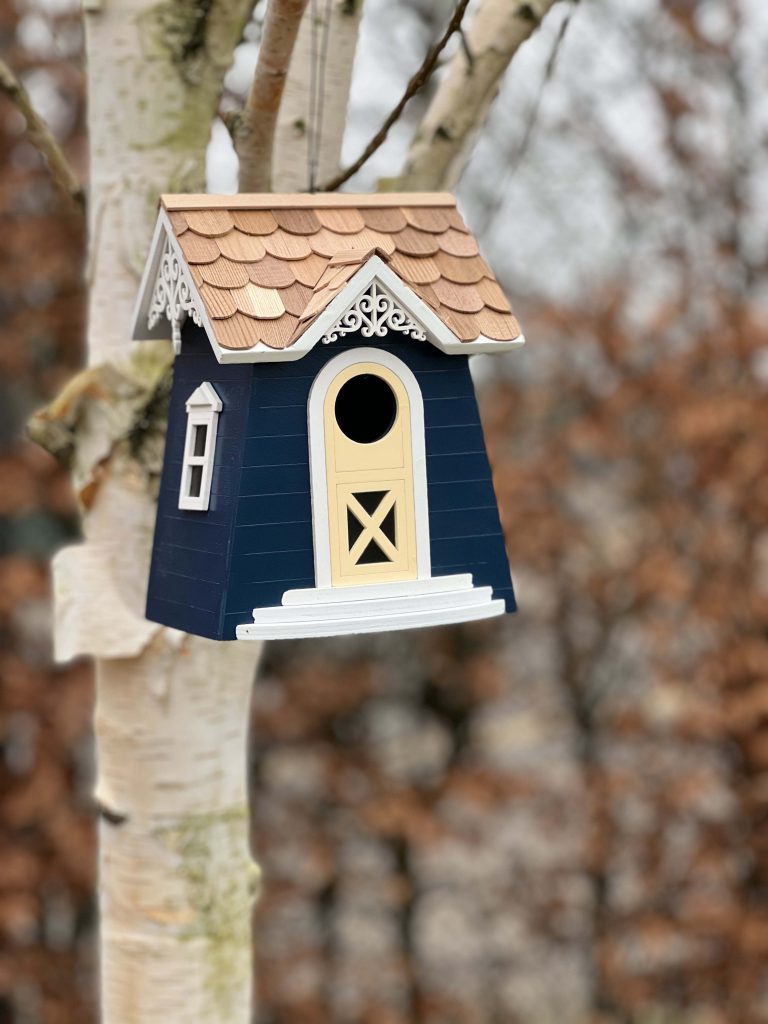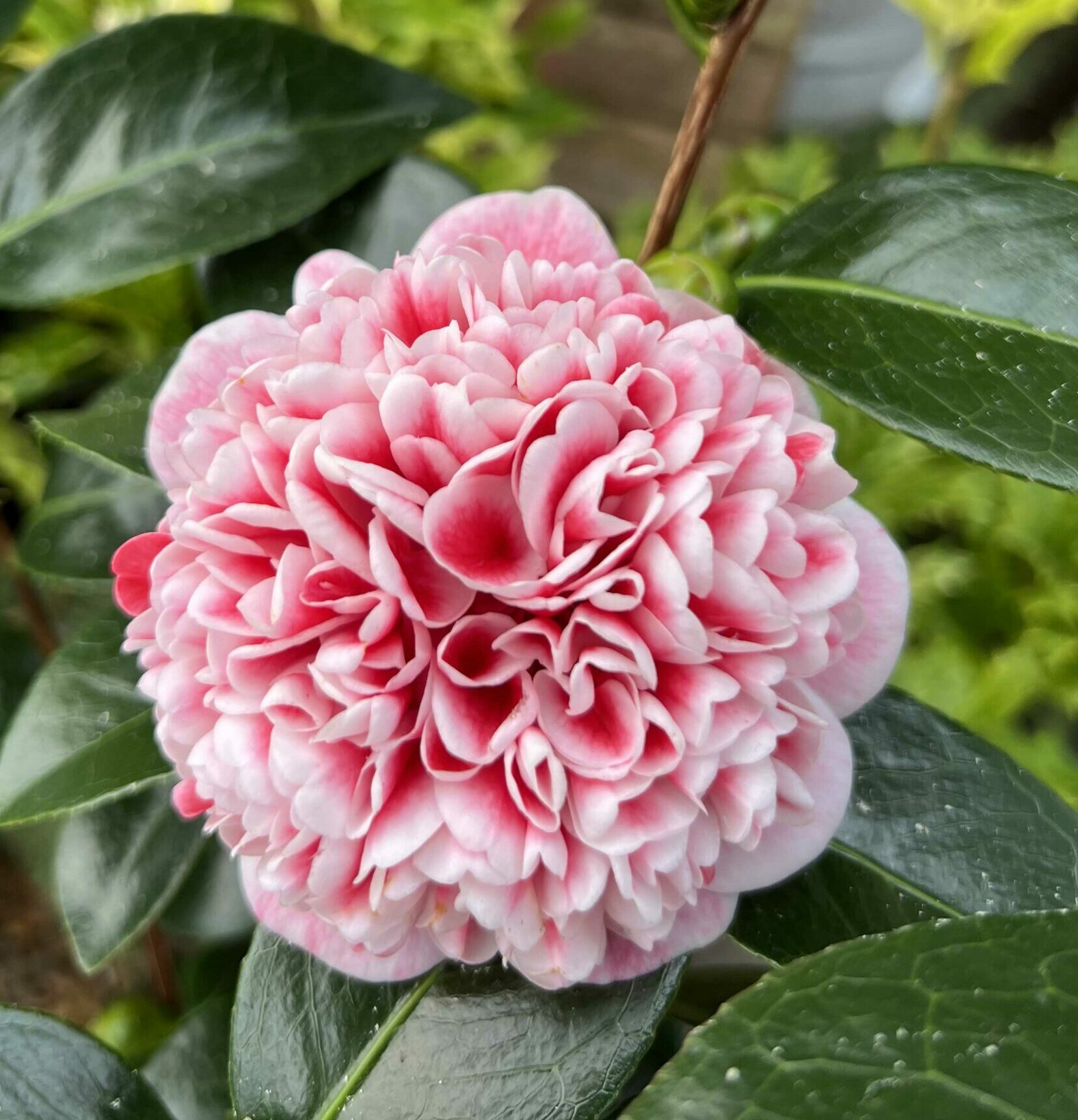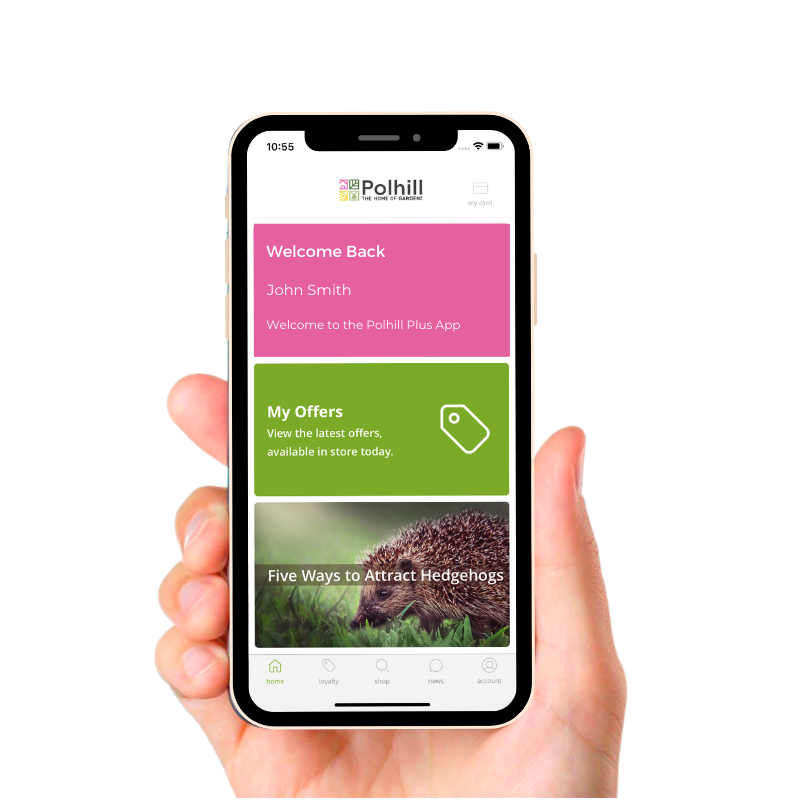Blog, Gardening Advice, News & Offers
Nestbox Week 14-20th Feb
Love is in the air during February with Valentine’s Day being a major national day for couples to show their appreciation for each other. But what takes place in the animal world?
National Nest Box Week takes place from the 14th-21st February, ironically starting on Valentine’s Day. During this week, the general public is encouraged to provide a home for wild birds that are looking for a potential mate during breeding season, and help support the hundreds of endangered species across the UK.

More than 60 species of bird are known to use nest boxes, so we have put together our top six things to Consider When Adding Bird Boxes to your Garden
Ensure your bird box is sheltered from bad weather conditions
Consider your box placement carefully! Place your box out of direct sunlight or direct rain. Bird boxes may be best placed under a canopy or tree where it can be sheltered by branches. You could also place your bird box in natural nest sites, if you have thick climbing plants, these can provide extra natural shelter for your bird box.
Keep your bird houses and feeding stations elevated
Birds are incredibly tempting to cats, so consider a location for your box or bird feeder that is out of the way of dogs and cats.
Ensure that your birds have access to food and water
Water sources are important to birds because they provide a location for birds to bathe and drink. Installing elevated access to food and clean water will encourage birds to make a home in your bird boxes and the elevation will provide extra safety from predators. Birds are more likely to reside in a garden with access to food and water to provide a comfortable environment for their offspring.
Limit noise
Noise will deter birds from nesting in your bird boxes. Ensure you can place your bird boxes away from excess noise or try to keep other animals away from the box locations.
Plant bird-friendly plants
Planting blackberry bushes, Ivy, Honeysuckle or Viburnum Opulus not only provide food and attract insects but also can provide extra shelter and nesting opportunities.
Consider box and bird hole size
Consider which types of birds you would like to visit your garden and select an appropriate sized bird box ensuring that the hole is big enough for the specific birds. If the hole is too small, the box won’t make a good home, if the hole is too big, it may not provide enough safety for the birds. Even if you are short of space in your garden, installing even one box helps create a secure environment for breeding birds.


Birds also bring many positive benefits to your garden.
- Birds help prevent the spread of disease
They would happily remove fallen twigs for their nests or small bits of fruit from the garden preventing fungus growth.
Rats, mice, and other rodents carry zoonotic diseases and parasites that can spread directly to humans. Larger birds such as owls, can rid your garden of disease threats.
- Birds produce natural fertiliser and pesticides
Bird manure has incredible benefits on soil and provides the correct nutrients to help plants grow. Birds are very good for improving biodiversity in your garden and getting rid of smaller pests, so the more birds you have there, the healthier your garden will be!
- Natural de-weeders!
Certain breeds of birds enjoy eating weeds! This makes your plants and flowers thrive.
View our bird care range online to ensure you’re ready for Nestbox Week!








